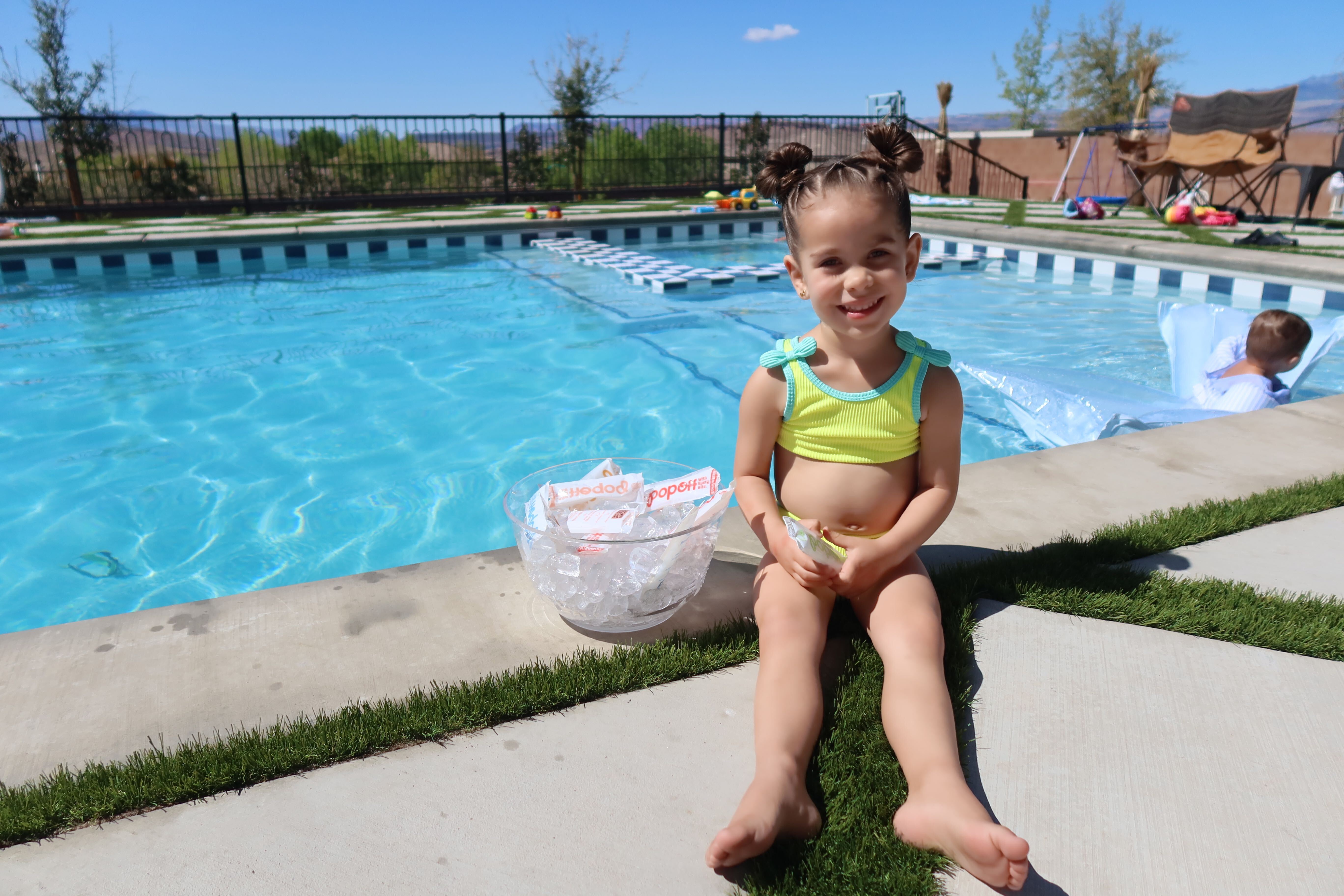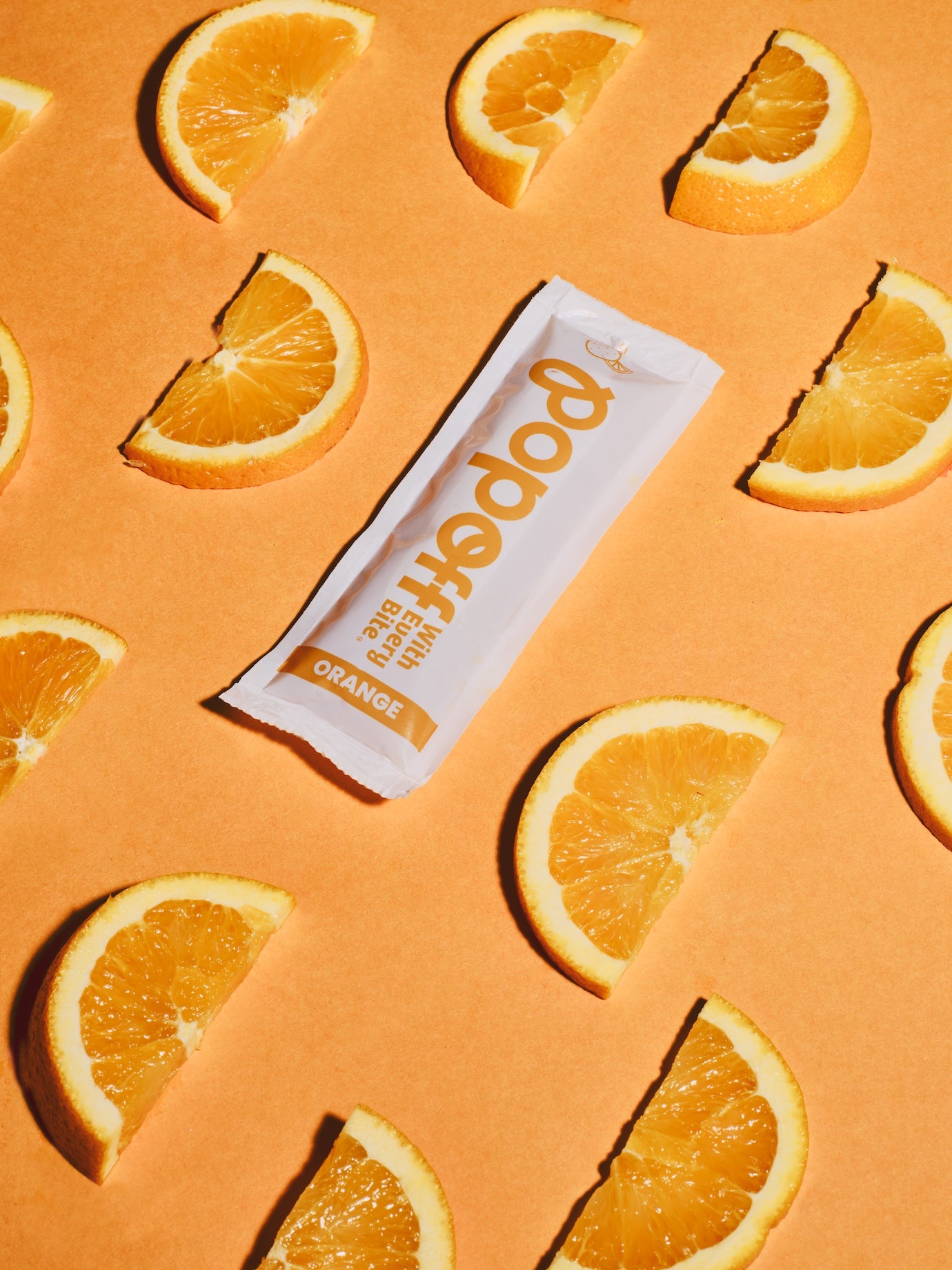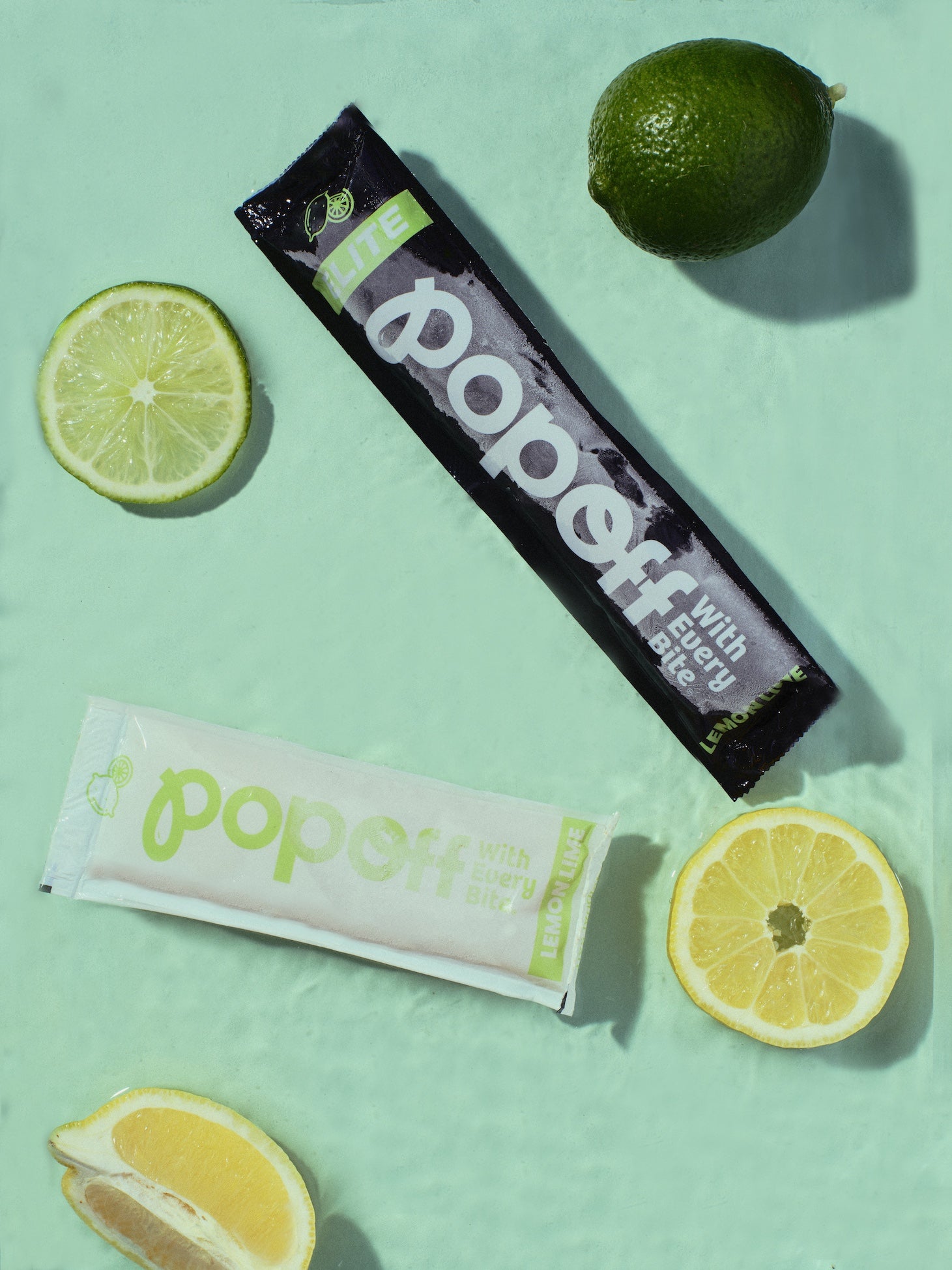Proper hydration is a cornerstone of health, particularly for those who lead active lifestyles. Understanding the link between hydration and exercise performance is crucial for athletes at all levels, from weekend warriors to professional competitors.
Understanding Hydration and Its Effects on the Body
Water serves numerous vital functions in the body, including regulating body temperature, lubricating joints, and transporting nutrients to cells. During exercise, hydration status becomes even more critical as the body loses water through sweat, leading to a potential decline in performance and increased risk of heat-related illnesses.
Benefits of Optimal Hydration for Exercise
Staying adequately hydrated helps maintain endurance and increases overall strength, allowing athletes to perform at their best for longer periods. Water also plays a critical role in muscle recovery, helping to transport nutrients needed for muscle repair and reducing the likelihood of cramps and sprains.
Signs of Dehydration to Watch For During Exercise
Athletes should be aware of dehydration symptoms such as fatigue, dizziness, and excessive thirst. Ignoring these signs can lead to decreased performance, and in severe cases, heat stroke or heat exhaustion.
How Much Water Should You Drink for Optimal Exercise Performance?
Hydration needs can vary widely based on factors like exercise intensity, environment, and individual sweat rates. Generally, it's recommended to drink water before, during, and after exercise to replace fluids lost through sweat. Specific guidelines suggest drinking 17-20 ounces of water two hours before exercise, 7-10 ounces every 10-20 minutes during exercise.
The Best Fluids for Hydration in Athletes
While water is generally the best choice for short-duration exercise, sports drinks with electrolytes can be beneficial during longer sessions or workouts in hot climates. These beverages help replace electrolytes lost in sweat and provide energy through carbohydrates.
Practical Tips for Staying Hydrated
To ensure optimal hydration, athletes can incorporate hydrating foods in their diets, such as fruits and vegetables with high water content, and carry a water bottle throughout the day. Setting reminders to drink water and tracking daily intake can also help maintain hydration levels.
The benefits of staying properly hydrated are immense, especially when it comes to exercise performance. By understanding and addressing individual hydration needs, athletes can enhance their endurance, prevent injuries, and achieve their peak performance.
Try PopOff Elite Freeze Pops to keep you hydrated during your next workout.
















Leave a comment
This site is protected by hCaptcha and the hCaptcha Privacy Policy and Terms of Service apply.